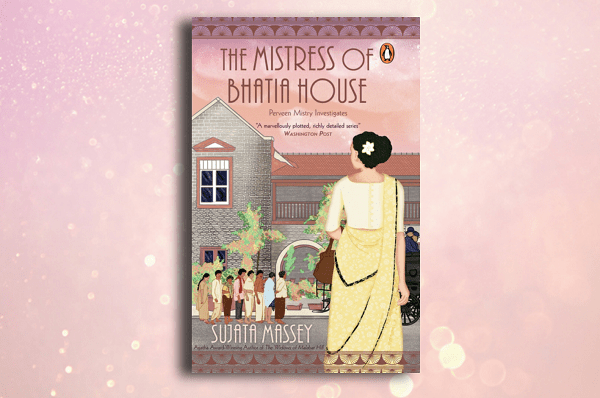Sujata Massey’s latest novel, “The Mistress of Bhatia House,” takes readers on an enthralling journey through the bustling streets of Bombay while unraveling a captivating tale of crime, mystery, and societal complexities. Set against the backdrop of 1920s India, this historical fiction is an intricate tapestry woven with engaging characters, cultural nuances, and a spellbinding plot.
At the heart of the story is Perveen Mistry, a strong-willed and determined lawyer, who finds herself entangled in a web of intrigue when she witnesses a young ayah’s heroic act that turns her life upside down. As Perveen takes on the case to free the wrongly accused Sunanda, Massey’s narrative delves into the vibrant Parsi community, reflecting the nuances of relationships, traditions, and societal norms of the era.
Massey’s prose is as evocative as it is detailed, painting a vivid picture of 1920s Bombay, with its bustling bazaars, opulent mansions, and rich cultural diversity. The author’s meticulous research shines through in the authenticity of the settings, enabling readers to immerse themselves fully in the historical context.
The characters are the novel’s true strength. Perveen is a remarkable protagonist, navigating a taboo relationship while striving for justice. Her internal conflicts, combined with the external challenges she faces, make her a multi-dimensional and relatable character. The supporting cast, from the enigmatic Sunanda to the complex Mistry family, adds depth to the story and keeps the readers guessing.
The mystery at the core of the plot is expertly crafted, with twists and turns that keep you on the edge of your seat. Massey masterfully intertwines multiple storylines, exploring themes of power, deceit, and the lengths people will go to protect their secrets. As the layers of the mystery are peeled away, the reader becomes increasingly invested in the outcome.
While “The Mistress of Bhatia House” is a crime and murder mystery, it’s also a powerful exploration of societal dynamics, particularly the challenges faced by women in a male-dominated world. Massey deftly navigates these themes, offering insights into the struggles and triumphs of women striving to find their voice and independence.
In conclusion, “The Mistress of Bhatia House” is a well-crafted historical fiction that seamlessly blends crime, mystery, and cultural exploration. Sujata Massey’s attention to detail, coupled with her compelling characters and intricate plot, make for an engaging read that leaves a lasting impression. This novel is a testament to her storytelling prowess and a must-read for fans of the genre.

